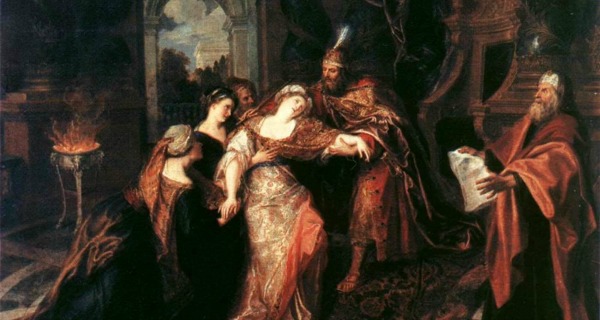
At home, I have a book of fairy tales as reimagined by Ellen Douglas. Douglas was a wonderful writer from Mississippi. Her novel Apostles of Light was a finalist for the National Book Award in 1973. The Magic Carpet and Other Tales came out in 1987, the year I graduated from high school. The book was largely created to show off the illustrations of Mississippi artist Walter Anderson, but Douglas’s storytelling was notable because her princesses resisted saving and insisted on some measure of equality and independence.
As an example, in Douglas’s “The Sleeping Beauty” the prince offers to make Briar Rose his queen and teach her how to rule a kingdom. She tells him she already possesses the skills he describes, thank you very much. Then, when she realizes he is holding her in his arms, she demands to be put down so she can walk on her own two feet. Douglas allows her to marry the prince, but only after enough time has passed for them to get better acquainted and fall in love. Douglas does away with the Disney notion that a woman should marry a man just because she wakes up to his kiss.
This was a radical notion in 1987, especially in Mississippi.
The narrator of my second novel, The Past is Never, is a young female character called Bert. Bert grew up on fairy tales, but not the Disney versions. In the fairy tales on Bert’s bookshelf, women are trapped, enslaved, and cursed. She believes in the possibility of magic, but she understands how it might be used against her. Bert is no princess and she doesn’t want to be one. She isn’t beautiful. She isn’t brilliant. She has no special talents. She isn’t even particularly brave, though she’s gutsy enough when the situation demands it.
In other words, Bert is an ordinary girl.
And yet, while doing an interview for the book, one man asked me why I wrote such strong female characters. He asked me what I hoped readers—particularly young female readers—might learn from a character like Bert. It threw me. I hadn’t considered Bert as a lesson. In answering the question, I stammered a bit and talked about the female characters I loved from various books, but finally I said I hoped readers understood that the world is full of girls like Bert, that independent and determined young women are the norm and not the exception.
Weak women, women who need to be rescued or saved, exist mostly in the male imagination. Let’s face it, men created those fairy tale princesses. Men created those damsels in distress. Men created fainting couches. (Also, casting couches.) I don’t need to write about those things. And while I’m glad Ellen Douglas put her own spin on those old fairy tales, I don’t need to write about princesses either.
Why do I write strong women? Well, I don’t do it to make a statement or teach someone a lesson. I write strong women because strong women are the only women I know.
Lighthouse instructor Tiffany Quay Tyson is teaching several classes at Lit Fest in June and will be a panelist on our June 5th salon, The Other Half of the Story. She is the author of the novels Three Rivers and The Past is Never.

